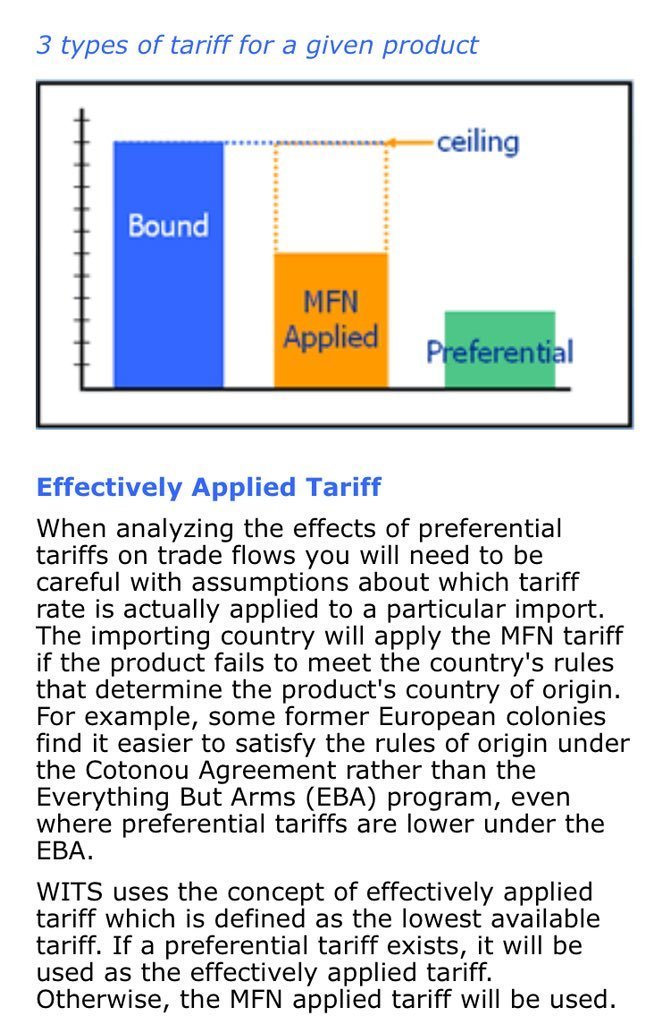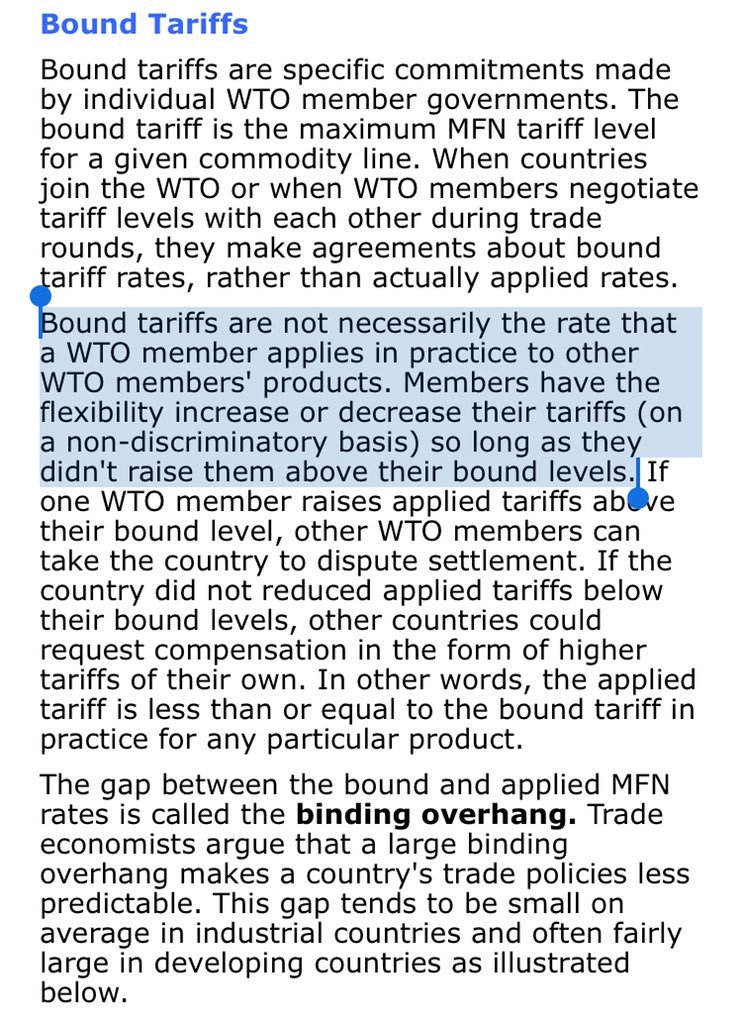“Brexit and Trump mark the collapse of the liberal order worldwide, a phenomenon which saw its beginning with Modi's rise in 2014”
Does Liberalism stand for strong nation states? Or for a globalist order that discourages nationalist tendencies?
The earliest uses of the word “liberal” corresponded to the word’s literal meaning in Latin where “liber” means “free”
mathematics,among other things. A “liberal” education differed from mere vocational training as it transcended the need to equip a person to earn a living,as its recipients are “free” men who are gentleman of means
The year is 1215. The place is Runnymede, a water meadow near Windsor in southern England. Over a thousand years have elapsed since the halcyon days of the Roman Republic and the orations of Cicero in the Roman Senate
location
The Magna Carta remains a very critical event that has to feature in any history of liberalism. The term “liber” was now used very explicitly in a political treaty
The modern liberal obsession with “constitutionalism”and written law as opposed to oral, less formal traditions can be said to germinate here
property (“freehold”)of barons. Such an explicit protection is at variance with other societies where property was technically owned by the King and taxation was limited by the power of precedent / tradition
Henry the VIII has gone down in history as one of the greatest Kings in English history. He ascended the throne in 1509 and remained the King till his death in 1547
Henry was desperate for a male heir and was also in love with Catherine’s maid of honor, Anne Boleyn
day, the monarch is the Supreme Governor of the Anglican Church.
When liberals today talk up secularism as an ideal, it is perhaps worthwhile to remember that the ideal has its origins in the lust for a male heir of an amoral king.
future of the world.
The Soul has always been central to theologians and philosophers in the pre-modern world, be it in Ancient Greece, Rome, or India. The Bhagavad Gita deemed the soul to be indestructible. Socrates believed more or less the same!
St Augustine, for eg, looked askance at the human body and its desires and declared the soul to be “immortal” in his “The City of God”
These two men were the first “worldly philosophers” – individuals who focused on the material world and the affairs of men, and chose to discount the soul altogether.
“And if your conduct were in every respect upright, your demeanor amiable, and your judgments equitable, all these would be insufficient to make you beloved. If you imagine otherwise, you deceive yourself"
But Machiavelli did not provide a theory to justify his world view. The theory to justify atheistic materialism came a century later in England. The theorist was Thomas Hobbes
there is no positive source of virtue or goodness
get along with others in the world.
The developments in philosophy eventually had an impact on real world – both on political and economic theory, which we discuss next
Henry VIII’s break-up with the Catholic church was a significant event at two levels. We already discussed how it marked the separation of church and state.
“nationalist” tendency that would engulf Europe over the next century and a half.
The idea of a nation was unfashionable even as late as the 16 th c
of 3 decades of bloody religious conflict between the different kingdoms of Europe. The Westphalian system gave rise to the notion of “sovereignty”
This new system was antagonistic to the older ideas of Empire, which were very much mainstream until the 17 th century.
This was also a period of great debate in the discipline of economics which took birth in 17th/18th c.
The key idea that he originated was that the economic pie is not fixed, and that trade can actually increase domestic production rather than depress it.
As the 18 th century wore on there were developments in liberal political theory which took the ideas of Hobbes and Locke forward. And these manifested in the world of politics in the shape of violent revolutions - first in America and France.
It was a period when liberalism was not satisfied with constitutional govt (which had already been achieved in England in 1688) but instead sought popular rule.
Serving the twin gods of Liberty and Equality would prove to be Liberalism's greatest challenge and its undoing.
a) The shift in focus from the individual to the collective.
b) The increasing focus on achieving equality of condition in society
It was a period when liberals took upon themselves to establish social safety nets. Eg : Social security in US
The Industrial Revolution had caused Liberalism to do a volte face. IR - its own Frankenstein - devoured its earlier avatar
And this manifested even in the social sphere...
This meant a denial of gender roles. And a radical redefinition of the roles of men and women in society - that culminated in the Sexual revolution of the 60s..
Something that would have shocked the signatories of Magna Carta!
As per which Nationalism became a dirty word. A huge volte-face as Nationalism was an outcome of "Liberal" thought back in 17th c
Nationalism was now deemed to be an old fashioned "emotional" and "troublesome" feeling
As we look to the rest of the 21st c, Liberalism has to survey its history and redefine its principles
What is most dear to it?
Liberty or Equality?
Democratic nationalism? Or internationalism?
Freedom of religion? Or rabid secularism?
This is not so much a problem with "conservatism" which shuns ideals and dogma, while merely defending "gradualism" / tradition.





